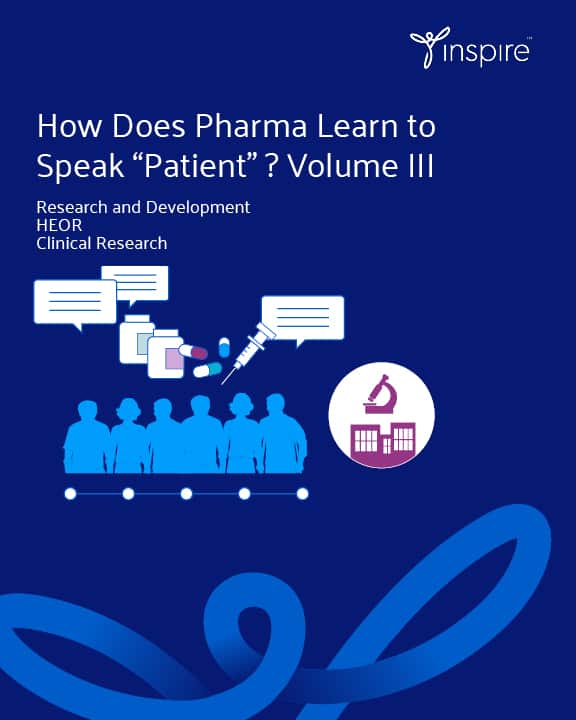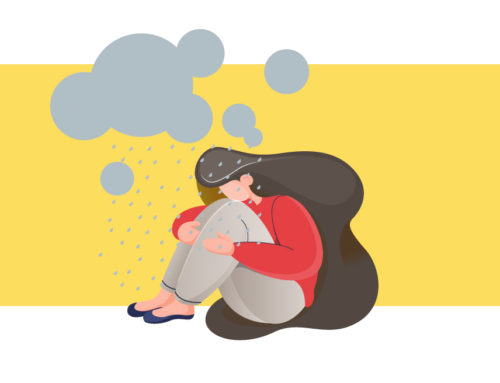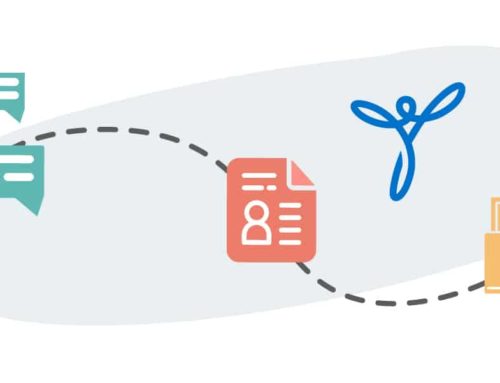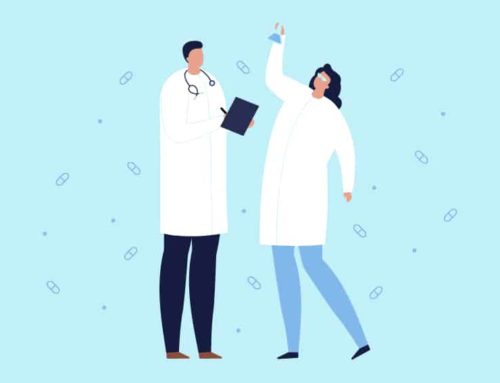How Clinical Trial Diversity Saved a Life
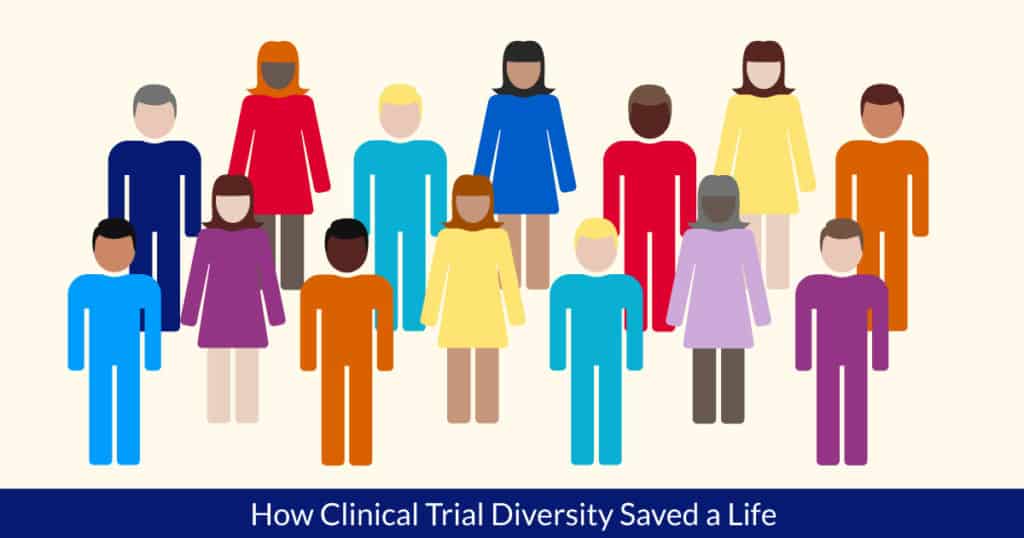
By Kathleen Hoffman, PhD, MSPH
“My pastor warned me not to participate in a clinical trial,” Karen Barrios said. Going against his advice, Ms. Barrios joined a clinical trial that she believes saved her life.1
Ms. Barrios shared her story as a panelist during the webinar, “Enhancing Engagement of Communities of Color in Covid-19 Research,” held on January 11 by the Center for Community Health Education Research and Service in Boston. The purpose of this webinar series is to address challenges facing ethnic minorities in accessing healthcare and participating in research. Early in the pandemic, frontline healthcare workers saw a trend that has been confirmed by research: Communities of color have been hit hard by the coronavirus—with disproportionately higher numbers of cases and deaths nationwide.
Ms. Barrios is an immigrant who has been in the US for 13 years. As she explained, her background didn’t give her a foundation to deal with a pandemic. “In my country, there are no hospitals, no medicine. As a Latina, it is sometimes hard to understand because our culture definitely doesn’t know about healthcare and research.”
Her husband and two young children are the only family she has nearby. So when news reports described the pandemic and the lack of treatment options, it terrified her. “I remember the day when I heard about COVID, I was so desperate and sad because I was afraid to get sick and die, thinking, what is going to happen if I’m not here for them?”
She did catch COVID-19. Because the clinics where she lives do not have translators, she takes two buses and a train to Boston Medical Center (BMC) receive medical care. Fortunately, work had already begun to get a clinical trial for COVID treatment at BMC.
Another panelist, Tuhina Neogi, MD, PhD, Professor of Rheumatology at BMC, took up the story.
“One of the problems in the beginning was that the pharmaceutical companies that were testing drugs for the treatment of COVID-19 to try to save lives, were not coming to the hospitals taking care of patients in communities that were hardest hit. Despite the fact that we had the highest proportion of beds filled with COVID patients, it was striking for those of us at Boston Medical Center to see that we were being repeatedly passed over or not even thought of for clinical trials.”
As an immunologist and rheumatologist, Dr. Neogi, along with others in these fields, saw that the symptoms of COVID-19—the hyper-inflammatory responses—bore a striking resemblance to symptoms seen in their rheumatology patients.
“There have been a number of rheumatology drugs that have been used to try to fight the inflammation in the lungs. I was able to reach out to companies that I already had a pre-existing relationship with to try to fight to get trials to our hospital. If I hadn’t had that inside connection, I don’t know what would have happened.”
Ms. Barrios doesn’t remember much of what happened on her second day as a patient at BMC, except for the person who came to her room and asked her to join a clinical trial. ”I got a bunch of papers and I started reading and I learned that it was going to help to fight the infection in my lungs. I went online and I started reading that it (the medication in the trial) helps a lot of kids fight the infections in their body and helps them fight. It gave me hope.”
The trial tests Novartis’ Canakinumab, a human IgGκ monoclonal antibody that is used to treat immune responses caused by the pro-inflammatory cytokine IL-1β. But when Ms. Barrios’ pastor called and she told him about the trial, he advised, “No, don’t do it, because you don’t know what they are going to do. And you don’t know if something is going to happen to you in the future.”
Ms. Barrios explained that people in her community go to the pastor for guidance. He is a leader but “he is not educated.” Going against her pastor’s leadership took courage. “Sometimes people don’t know how important it is to try,” she said. “How important it is to give a chance to science, to grow in this, because it’s like hope. But I decided to do it. I signed.”
According to Dr. Neogi, Ms.Barrios was the first participant in the clinical trial. “80 percent of the participants were non-English speaking so we had to have materials in multiple languages. Our research staff were also of diverse backgrounds.”
Several rheumatology drugs have been tested to treat COVID-19 and recent research suggests that diversity in trial participants is crucial. Trials of Genentech’s Actemra, an IL-6 inhibitor, are an example. Early trials testing effectiveness didn’t show any benefit, but a trial that recruited 85 percent of participants from minority racial and ethnic groups showed a positive benefit. “Why this makes a difference, we don’t know.” Dr. Neogi explained. “We don’t know if it is biology, genetics or perhaps the dose of the virus that you are exposed to when you are a front line worker, taking public transportation, who knows. But I think that this research is an important, concrete example that we might be giving up on drugs because they weren’t tested in the right people.”
Improving diversity in clinical trials can be a matter of the pharmaceutical industry locating trials in settings that serve diverse and underserved populations. For the Canakinumab clinical trial, Dr. Neogi said,
“Beyond community engagement and addressing the long history of racism in medicine and the well-founded distrust many people may have based on historical and current issues, we have the bigger systemic problem of not being able to get the trials to the patients. There are a whole host of things that people from our economically privileged backgrounds don’t necessarily have to think about which underserved populations do: transportation, food, time off from work and more. To make this clinical trial successful, we worked really hard to make participation as simple as possible.”
Ms.Barrios knows what was important to her when she made her decision to participate. What mattered were the words, “’We are trying to find a solution.’” Ms. Barrios remembered, “I wanted to hear hope. You are trying to survive…trials give hope, hope in science.”
Inspire offers a trusted community to patients and caregivers. Our goal with this blog, this website and our content is to provide the life science industry access to the true, authentic patient voice. In so doing, we support faithful operationalization of patient-centricity. Take a look at our case studies, eBooks and news outlet coverage.
References:
1Center for Community Health Education Research and Service, Inc.(Producer).(2021).Enhancing Engagement of Communities of Color in COVID-19 Research[Video].https://www.youtube.com/watch?v=R1jicnnPYD8+&feature=youtu.be

